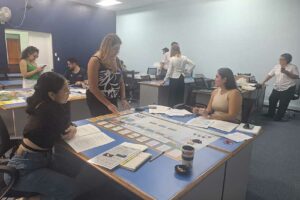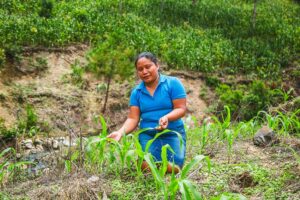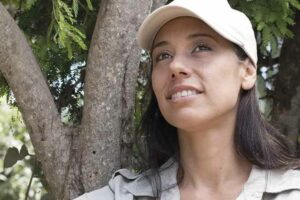CATIE strengthens its relationship with the International Climate Initiative of the German Federal Government
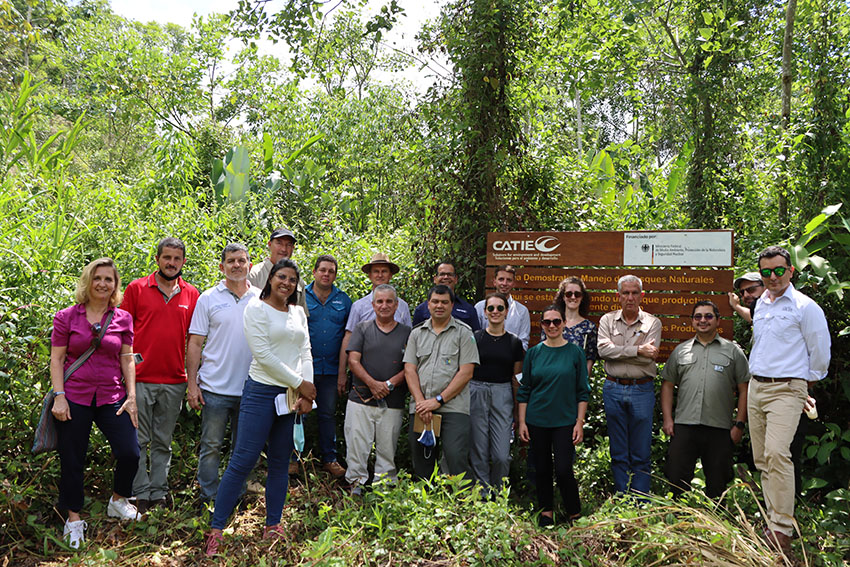
- Through the International Climate Initiative (IKI), the German Federal Government finances different projects in the region, some of which are currently being executed by CATIE.
June 1, 2022. Last May, CATIE (Tropical Agricultural Research and Higher Education Center) was cordially visited by representatives of the German Federal Ministries of the Environment, Nature Conservation, Nuclear Safety and Consumer Protection (BMUV, its German acronym) and of Economic Affairs and Climate Action (BMWK, its German acronym), as well as a delegation of the German Development Cooperation (GIZ), in order to learn about some of the results of projects that have been supported and financed by the International Climate Initiative (IKI) and implemented by CATIE in different countries.
The visit began with a meeting between CATIE's Director General, Muhammad Ibrahim, and GIZ's Resident Director in Costa Rica, Andreas Villar, to address various issues of interest and joint cooperation.
"For the German Development Cooperation GIZ, CATIE is an important partner, because together with other actors, we seek to strengthen capacities and know-how on issues such as biodiversity, mitigation and adaptation to climate change," said Villar.
Afterwards, a tour of CATIE's International Coffee Collection was conducted to present the long-term experiment on the effects of shade on coffee productivity, which dates back 20 years and is one of the most important studies worldwide on climate change adaptation and mitigation, as well as on biodiversity conservation.
As part of the efforts made by the Forestry and Biodiversity Unit in Productive Landscapes, a discussion was held on the project "Developing sustainable forestry models and links with private financing" (Secondary Forests Project), whose objective was to create profitable secondary forest management models to help generate productive restoration processes, reduce deforestation and generate a green economy in Central America.
This activity was carried out in one of the secondary forest management demonstration plots established by the project, which CATIE will continue to manage and monitor beyond its completion.
As part of the results presented by the Secondary Forests project, a presentation was made on Activa-CATIE, an innovation and technology incubator for rural development that was created in 2020 as a proposal for the management of secondary forests as a means of livelihood and which, since then, has supported more than 20 Costa Rican enterprises with seed capital leveraged with the Costa Rican Development Banking System (SBD, its Spanish acronym), which amounts to more than USD 250,000. Currently, they have just signed a new agreement with the institution to receive USD 300,000 and support 30 new ventures.
"If secondary forests are seen as a livelihood, then people will be more willing to conserve them," said Vladimir Valera, Activa's director and coordinator of the Secondary Forests Project.
The visit was also attended by members of the National Ministry of Environment and Energy (MINAE, its Spanish acronym), the National System of Conservation Areas (SINAC, its Spanish acronym), ICAFÉ and the new program "Scaling up Ecosystem-based Adaptation Measures in Rural Latin America" (EbA LAC), which is funded by the BMUV through IKI and implemented by GIZ as lead agency, in partnership with IUCN (International Union for Conservation of Nature) and CATIE.
This last program concluded the activities, where they discussed their purpose of increasing the resilience to climate change of vulnerable communities and ecosystems in rural areas of Ecuador, Guatemala and Costa Rica. In this segment, consultations and knowledge were exchanged with beneficiaries of the program.
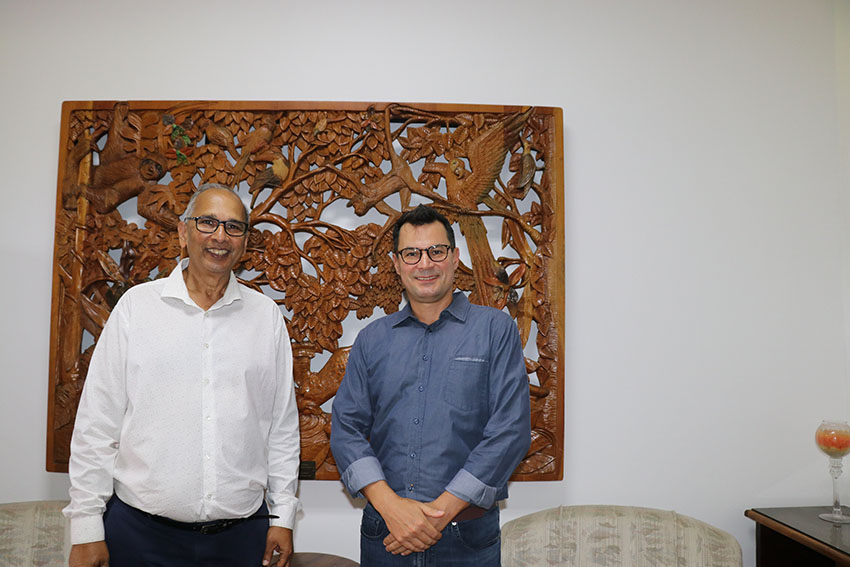
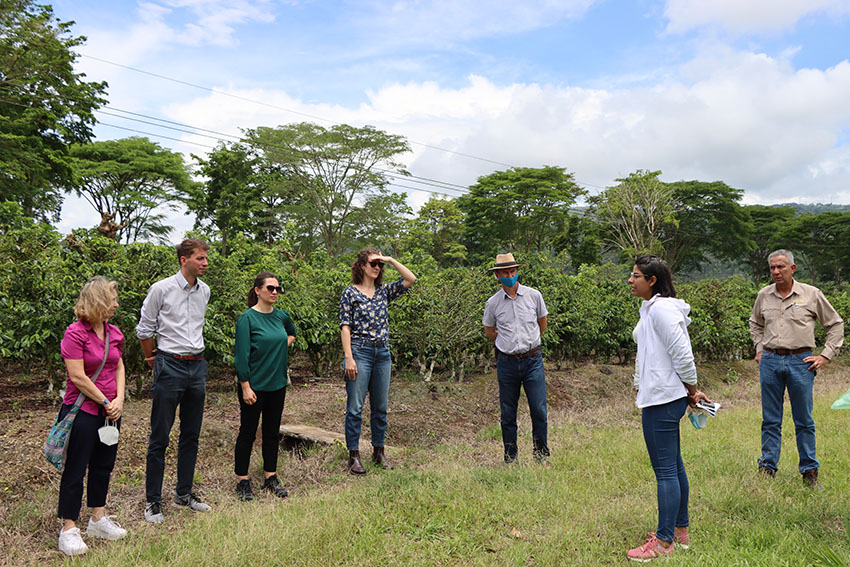
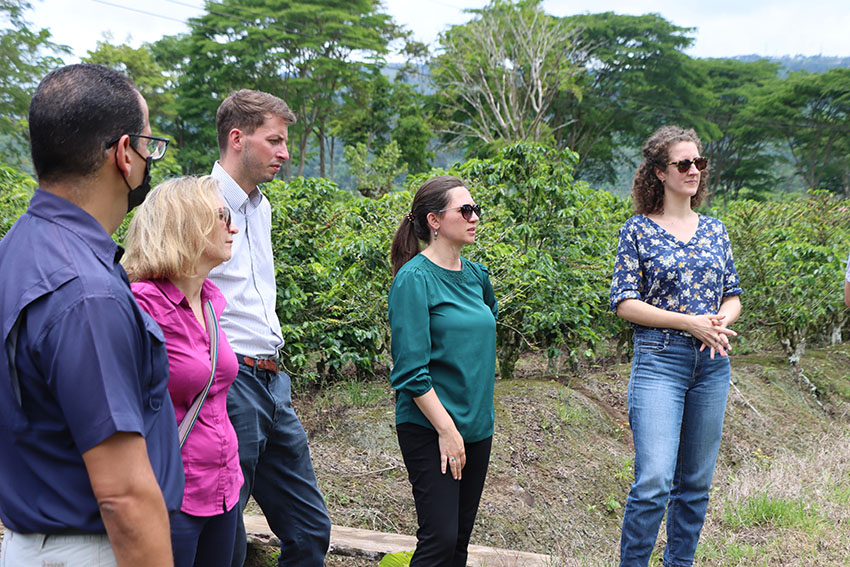
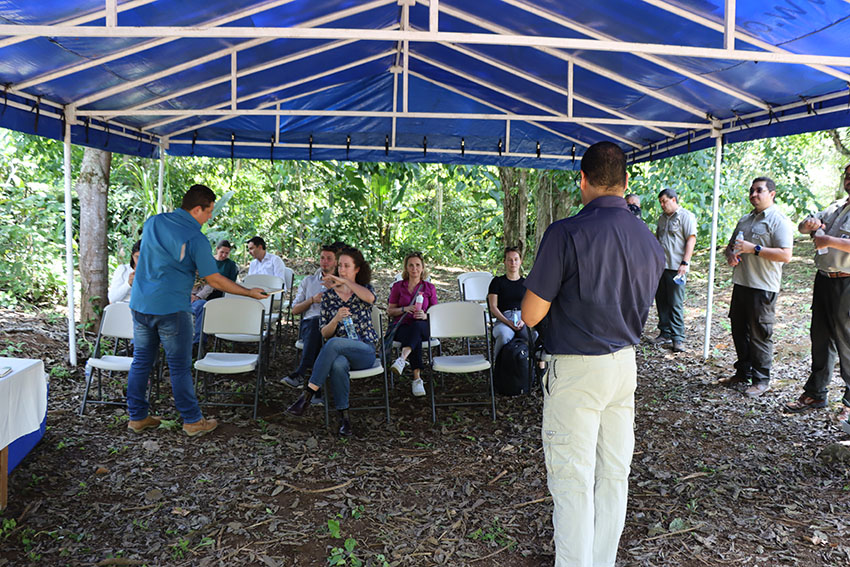
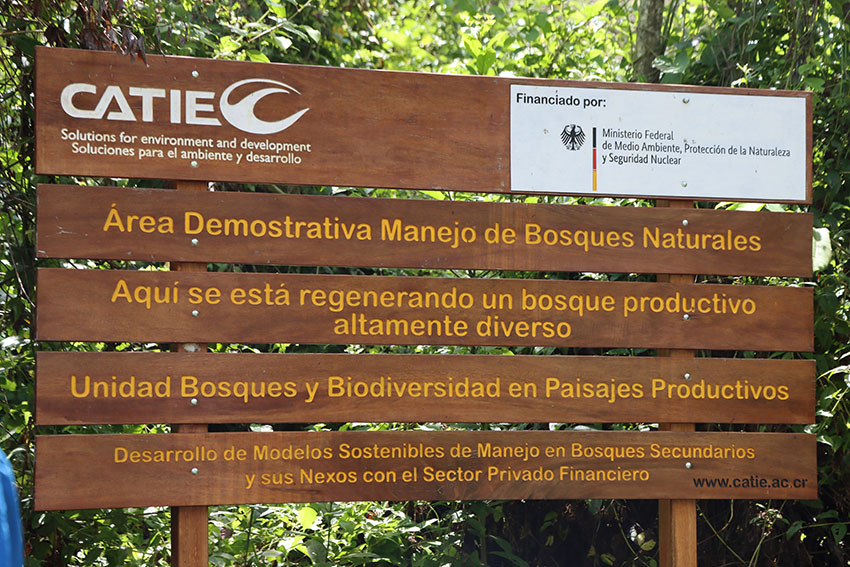
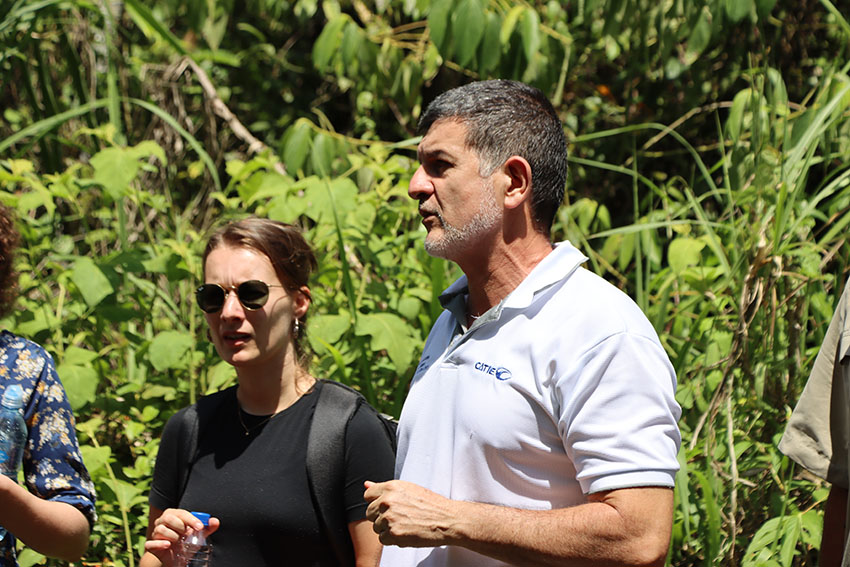
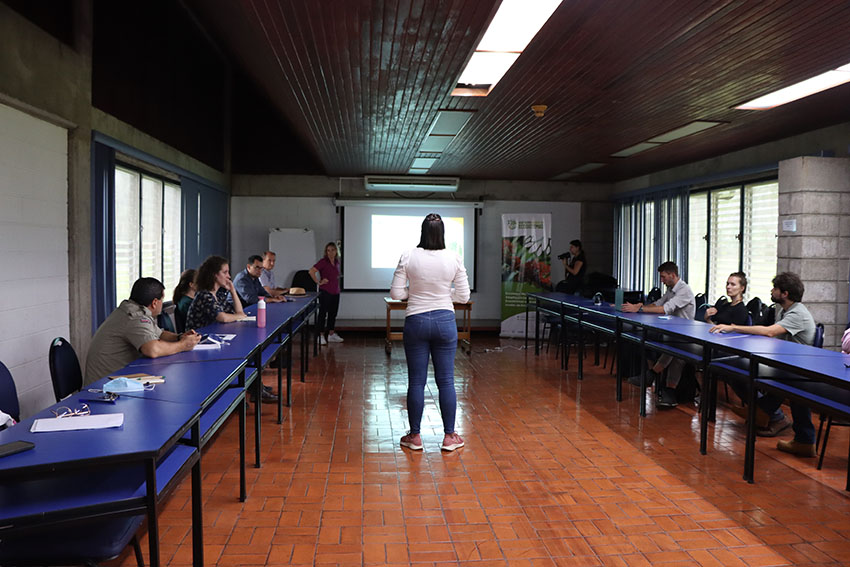
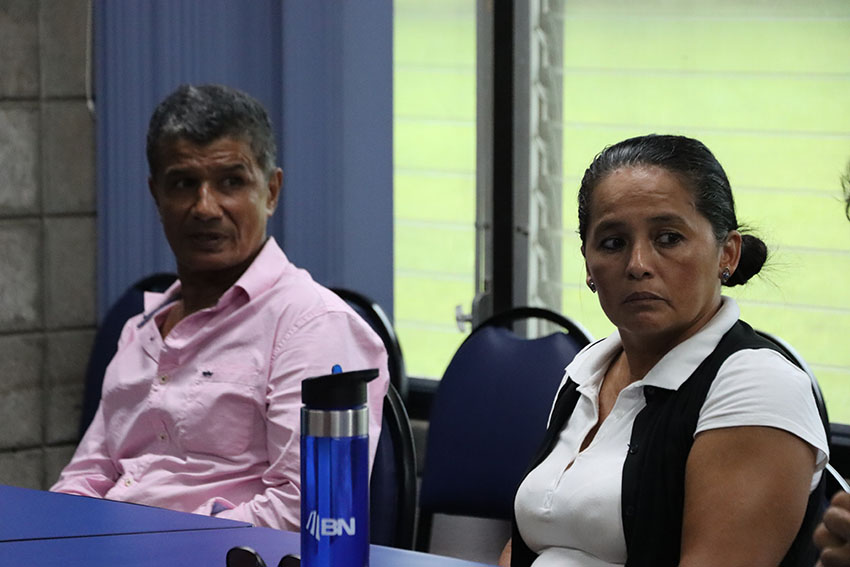
More information:
Vladimir Valera
Secondary Forests Project Coordinator and Director of Activa-CATIE
Written by:
Dannia Gamboa Solís
Communications Assistant
Information Technology and Communication

